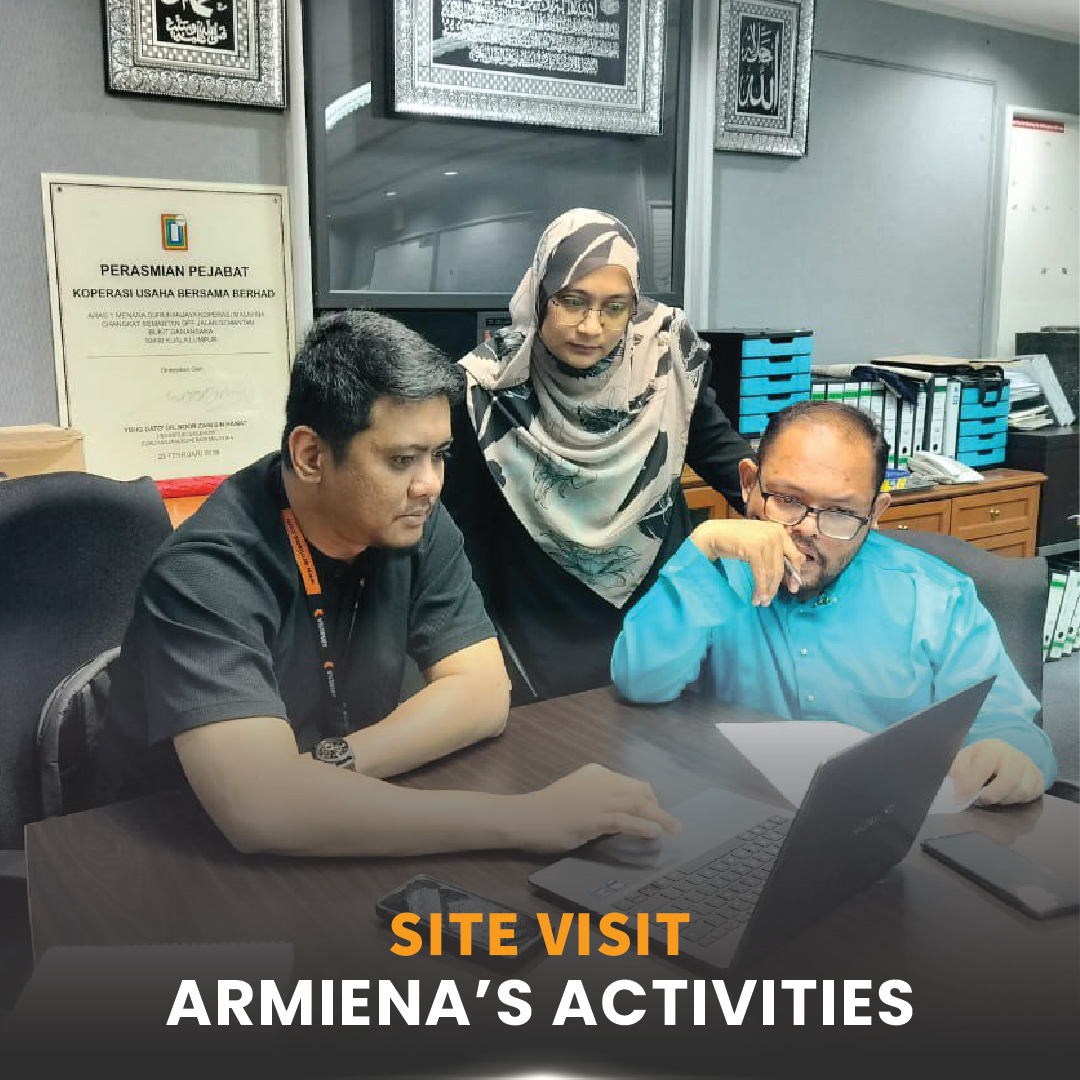 Kuala Lumpur city skyline in sunset at Malaysia
Kuala Lumpur city skyline in sunset at Malaysia The Malaysia Digital Economy Corporation (MDEC) has been known for its primary task to manage and take the lead Malaysia’s digital economy forward. As MDEC is positioned to ramp up the Malaysia 5.0, a concept that will work towards and contribute to a more sustainable and circular economy. This will be done via the development of a national-level digital ecosystem with a unified alliance of stakeholders, both from within government and across private enterprise that will enable business and societal migration onto the digital age.
Malaysia 5.0 directly addresses financial inclusion, access, performance and growth through the Fourth Industrial Revolution (“4IR”) tools, such as fintech, blockchain and artificial intelligence. These digital initiatives and hubs will emerge as core components for next-gen infrastructure of every country. They will be the ones facilitating the interoperability of goods and services that are flowing through them with interconnectivity between various market sectors.
Digital asset exchanges will play an important role as they offer participants the ability to monetise their activities over digital infrastructure, essentially serving as the capital markets for Malaysia 5.0.
These digital exchanges are, primarily, dynamic asset conversion facilities that will bridge current legacy marketplaces with new e-marketplaces. More importantly, they ensure both platforms can co-exist for the foreseeable future.
Challenges that businesses face currently include the inability to deploy capital and move assets seamlessly between legacy platforms. This is a historic problem for exchanges that persisted since their inception as floor-based marketplaces and are still present even after legacy platforms moved over to electronic trading. As legacy systems were still operating as stand-alone pools of liquidity, interoperability between newer and older systems are difficult to manage, expensive and only possible via multiple intermediaries.
The advent change for digital exchanges will offer necessary redundancies in capital markets and even provide enhanced liquidity and transparency. As is, legacy exchanges work well for blue-chip companies, in the same way banks function as efficient lenders for the larger multi-national corporations. However, for start-ups and small- and medium-sized enterprises (SMEs), these options carry massive costs and overhead expenses.
As for the future of exchanges, it will combine digital and traditional assets in ways that can potentially change the decades-old exchange model. The impact of such changes will be dramatic, especially for start-ups and SMEs. Tokenisation and blockchain-based solutions will revolutionise the ability for smaller companies to raise capital as it makes the process more streamlined and cost-effective.
For MDEC, as the primary digital change agency, its role focuses on supporting and managing such transformational shifts. The need for robust institutional-grade digital asset exchanges in trusted environments is, now, greater than ever. In fact, this trend is already starting to happen in regulated environments as opposed to the ‘Crypto Wild West’.
Globally, digital asset exchanges represent a huge opportunity – the Southeast Asia region included. The market for digital assets has evolved substantially as security tokens started to gain more traction with institutional investors. A survey conducted by the World Economic Forum already predicted how 10% of world’s GDP will be stored on blockchain technology by 2027. This is an equivalent of US$24 trillion in financial assets.
Undoubtedly, Malaysia 5.0 is the golden opportunity to position the country as into the heart of Digital ASEAN. The potential for early adopter countries, especially those that are taking the lead, is further facilitated as round-the-clock transactions become easier, cheaper and more secure while expanding its global reach.
By Datuk Wira Dr. Hj. Rais Hussin, Chairman, MDEC
Source : MDEC







